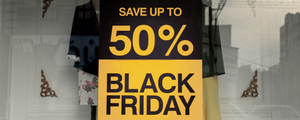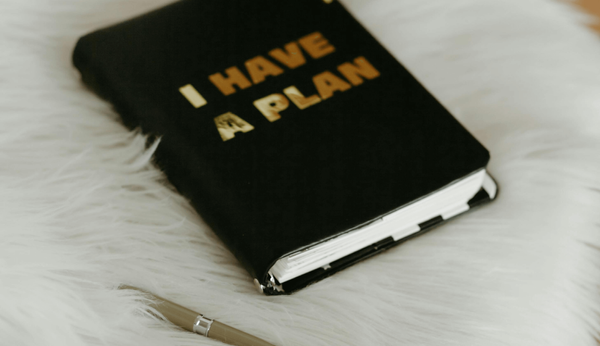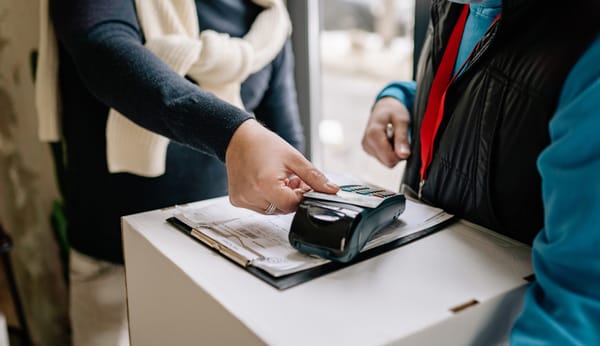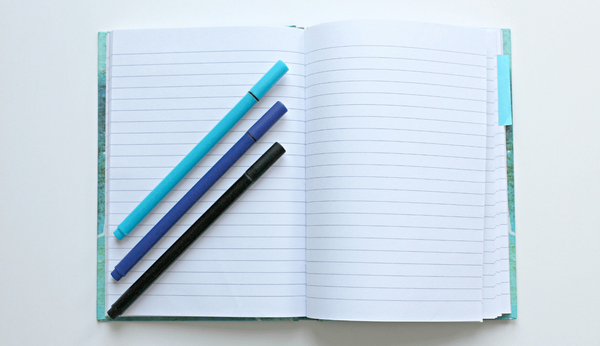Most people by now have probably heard of “Buy Now, Pay Later”. As Black Friday (24 November 2023) fast approaches, I’m sure a lot of people are eyeing the tempting sales being promoted – even if they fall outside of their budget or available savings.
How does ‘Buy Now, Pay Later’ work?
Buy Now, Pay Later offers customers a way to purchase high-value items with funds they don’t have at the time of purchase, but will expect to have over coming weeks or months, through instalments spread over a specific period of time.
BNPL options don’t usually charge interest on the purchase price. For example, if you are using a BNPL platform to buy something that costs R900, the BNPL may split the price into three monthly instalments of R300 each. In other words, BNPL typically won’t cost you anything on top of what you’re buying.
Behind the scenes, BNPL platforms have made arrangements with the retailers for all purchases made through the BNPL platform to be charged at a discount to them, so that they can collect the difference as a ‘fee’ for providing the service to consumers.
Is ‘Buy Now, Pay Later’ the same as a laybuy or using a store card?
Most South Africans are familiar with a laybuy, where the item you purchase is put aside for you as you pay for the item in regular instalments. With laybuys you typically only get the item once you make all the required instalments and you often end up paying at least 30% more for the item had you bought it out right.
Through BNPL, on the other hand, you receive the item you purchase once the first payment has been made and as mentioned, you don’t pay more for what you’ve bought.
Store Cards are just like credit cards, in that you have the ability to buy on credit that you pay back with interest and, therefore, are regulated by the National Credit Regulator. Except that unlike credit cards, you can’t shop anywhere other than at the store at which the store card is associated.
Will my credit score be impacted?
While BNPL may look like a loan, it’s not the same as a short-term or personal loan where you are given cash upfront (as a typical credit provider would do). That means BNPL purchases don’t impact your credit score, although BNPL platforms will likely check in with the credit bureaus when you register with them.
However, if you fall behind in your repayments to the BNPL provider, your outstanding debt will be handed over to a debt collector – meaning that your outstanding balances will be reported to a credit bureau and your credit score may be negatively impacted as a result.
Should you use ‘Buy Now, Pay Later’?
While BNPL can be a useful way to manage your spending on expensive items such as furniture or appliances, it should be done with careful consideration as you are still paying the full price for the items you buy. Here are 3 things to look out for when considering buying through BNPL:
- It’s easy to overspend with BNPL. Because you only pay a fraction of the item at the time of purchase – a satisfying moment at a seemingly low price – it’s easy to overcommit to items that don’t fit within your budget. The rest of the payment is still to come, so it’s important not to spend money you won’t have in the coming months.
- Repayment terms may not align with your salary cycle. This can place pressure on your monthly cash flow and lead you to overspend at the end of the month.
- There are fees on missed payments. Although BNPL platforms don’t charge you interest on purchases, they may charge fees if you miss a repayment. What’s more, you don’t have any of the legal protections (like debt counselling) that you would with traditional credit providers registered with the National Credit Regulator.
So as Black Friday and the Christmas holidays fast approach, it’s important to approach BNPL or credit with caution. Only spend within your means, and find the option that will work best for you and your budget and the purchases you want to make. Here are also 7 tips on how to shop responsibly on Black Friday.










